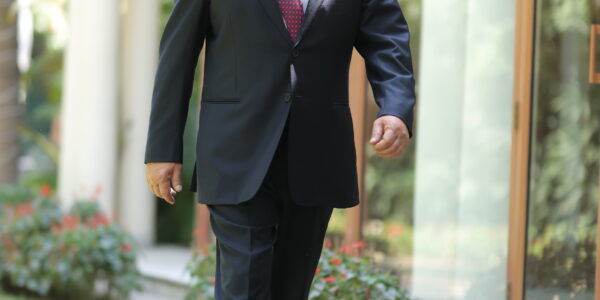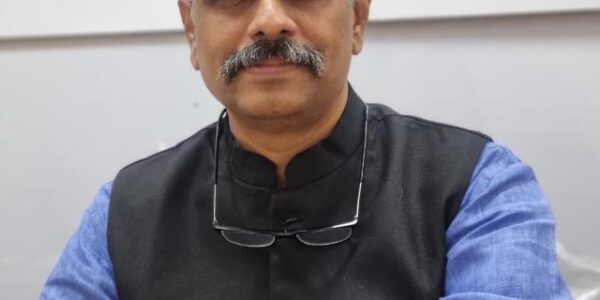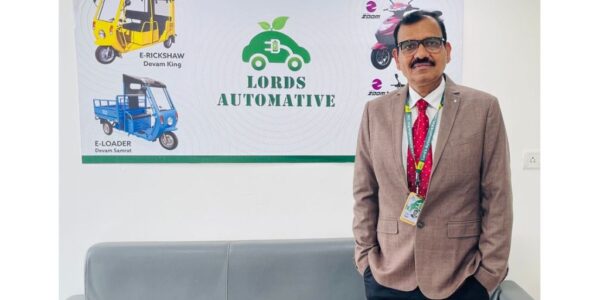Opinions
India is leveraging technology to improve nutritional outcomes: Shrirupa Sengupta of Swasti
India’s success in leveraging technology to improve nutritional outcomes is also due to its proactive approach to public-private partnerships.
ESG measures have emerged as essential criteria for the evaluation of investment choices: Ratan Dargan of ThoughtSol
Prominent financial firms are making it clear that they will support businesses that have successful green plans
Despite environmental concerns, consumers make purchase decisions based on prices and convenience, not eco-friendliness: Ashok Jaipuria of Cosmo First
As sustainability increases due to growing environmental awareness, mono-material packaging films are finding favour with companies transitioning from traditional multi-layered plastic films.
While AI drives innovation, its supporting infrastructure demands a rethinking of sustainability priorities: Rajeev Singh of BenQ
Global leaders and governments must urgently reconcile AI's transformative potential with its environmental footprint, recognising that sustainable design is no longer optional but essential.
India, with diverse range of agro-climatic zones, has huge potential to promote organic farming: Aditya Sesh of Member of the Expert Committee in the Ministry of Agriculture & Farmers Welfare
Organic yields are often 10-15% lower than those from conventional farming, with a higher input cost; however, this is offset by higher margins and profitability...
As India works toward its 2030 and 2070 goals, rapid adoption of EVs is both a necessity and an opportunity: Veer Singh of Lord’s Automative
By switching to EVs, especially two-wheelers tailored for daily commutes, consumers enjoy predictable electricity costs and reduced maintenance expenses, making sustainable choices financially viable.






